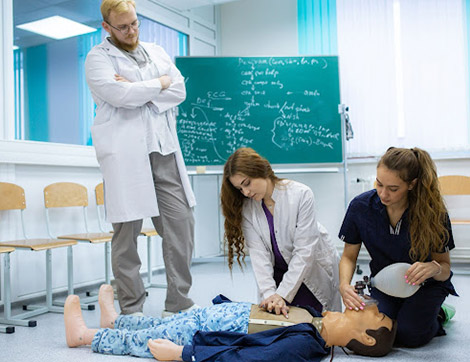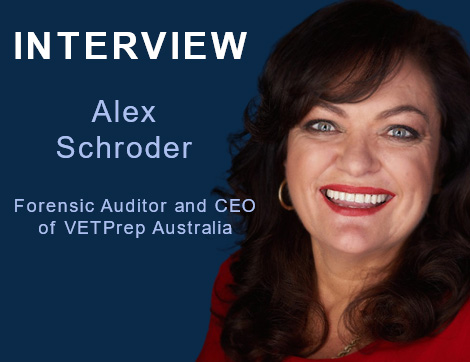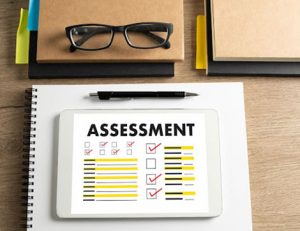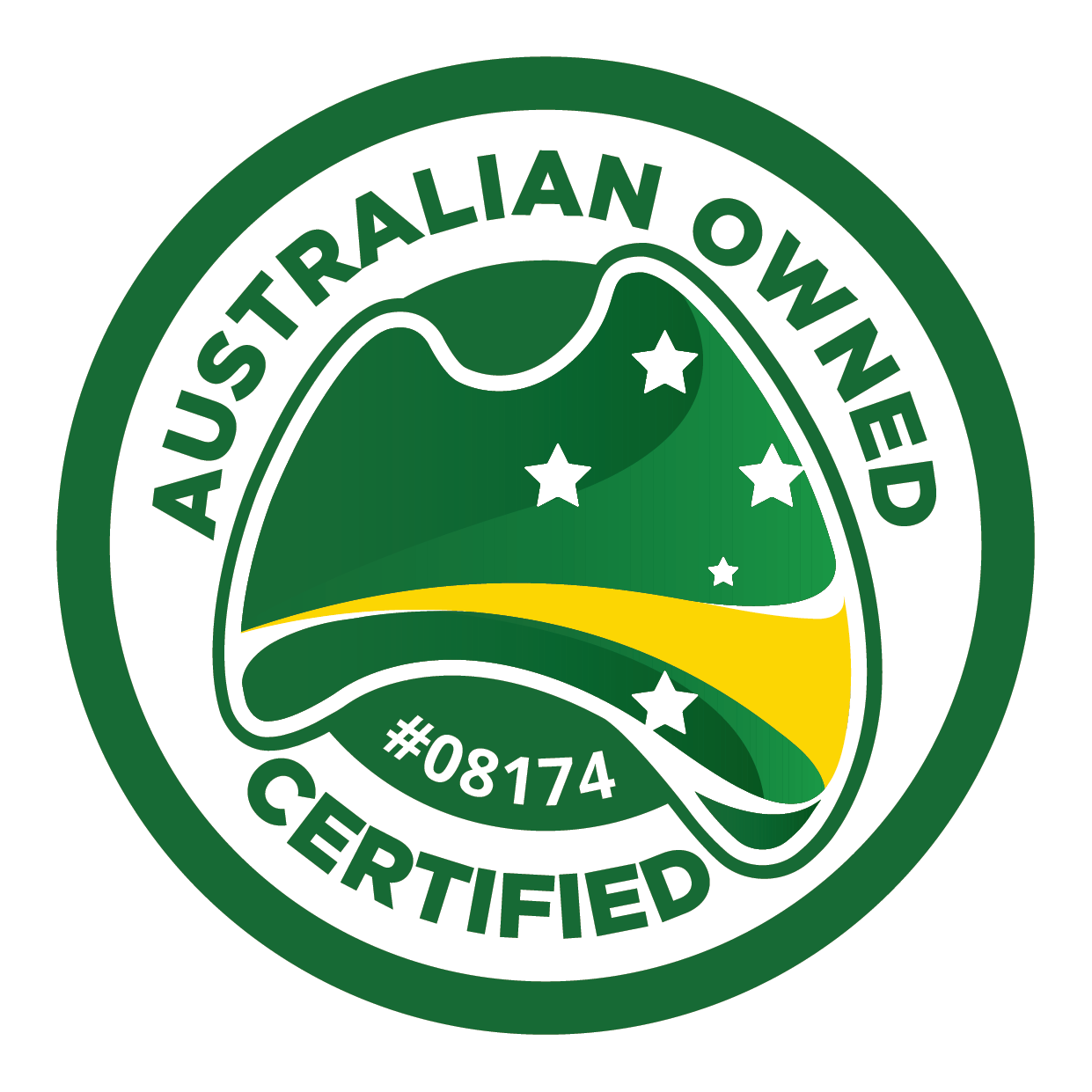Practical demonstration – What to look for?

When observing a student during a practical demonstration, it is important to focus on both their technical ability and their methodology. For example, you should pay attention to whether the student is using proper technique when carrying out tasks, and whether they are following the correct steps in the demonstration. Additionally, it is also important to assess the student’s understanding of the task at hand, and whether they are able to explain what they are doing.
There are a few key things that you should look for when assessing a student’s performance during a practical demonstration:
1. Technical ability – The ability to use the correct tools and equipment. Are the students using the proper techniques? Are they following the correct steps?
2. Understanding -The ability to follow instructions and procedures. Do the students understand what they are doing? Can they explain it to you?
3. Methodology – Is the student using the correct methodology? Are they following the demonstrations correctly?
4. Assessment – Are you able to assess the student’s skills and competencies accurately?
5. Safely and effectively – The ability to safely and effectively carry out the task
6. Communication skills – The ability to communicate effectively with others
7. Problem-solving – The ability to troubleshoot and solve problems
8. Compliance with training package requirements – All activities and tasks have been completed and demonstrated according to the requirements mentioned in the training package.
When carrying out a practical demonstration, it is important to focus on the key skills and competencies that you want your students to learn. Make sure that you clearly explain what these are before starting the demonstration. This will help your students to understand what they need to pay attention to during the practical.
As you carry out the demonstration, try to give your students regular feedback on their performance. This will help them to understand what they are doing well and where they need to improve. If possible, record this feedback so that you can go over it with the students afterwards.
Finally, make sure that you debrief with your students after the practical demonstration has finished. This is an opportunity for you to go over any areas where they struggled and to ensure that they have understood everything that they need to know. It is also a good time to give them any final feedback on their performance.
By ensuring that you focus on all of these areas, you can be confident that you are accurately recording the student’s skills and competencies. This will allow you to provide them with feedback that is specific and tailored to their individual needs, and help them to improve their practical demonstration skills.
For vocational placement kits/ practical work placement kits, please visit our website www.caqaresources.com.au or email us at info@caqa.com.au












